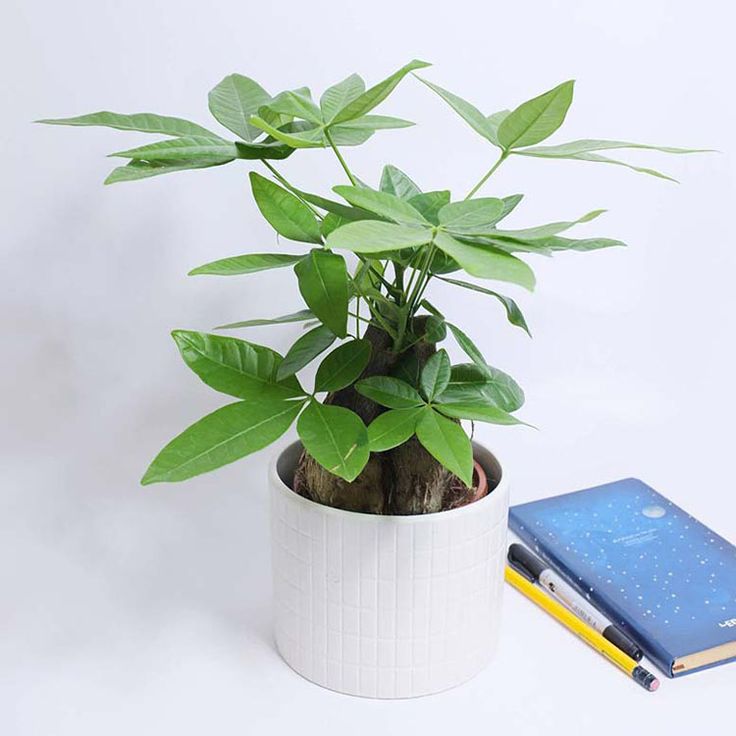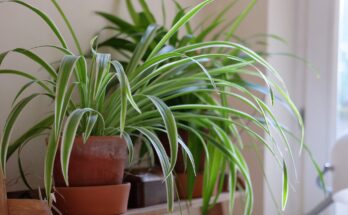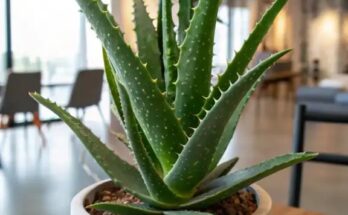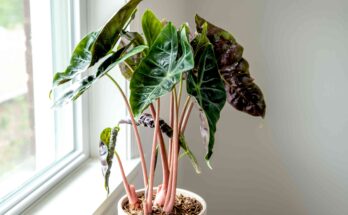
Indoor plants are more than just decorative pieces. In many cultures, certain plants are believed to attract positive energy, prosperity, love, and good health. These “lucky plants” not only brighten up a room but also bring a variety of benefits — from purifying the air to enhancing mood and even inviting financial success.
Here’s a detailed guide to some of the most popular lucky indoor plants and the positive energy they can bring into your home.
1. Money Plant (Pothos / Epipremnum aureum)
Symbolism: Wealth, prosperity, good fortune
Benefits:
The money plant is perhaps the most well-known lucky plant. According to Feng Shui, placing it in the southeast corner of your home attracts wealth and prosperity. It’s a low-maintenance, fast-growing plant that also purifies the air by removing toxins like formaldehyde and xylene.
2. Jade Plant (Crassula ovata)
Symbolism: Success, friendship, financial luck
Benefits:
Often gifted to business owners or placed near office desks, the jade plant is thought to attract financial success and encourage growth in business relationships. It’s a succulent, so it requires very little water and is ideal for beginners. The thick, round leaves are believed to resemble coins.
3. Lucky Bamboo (Dracaena sanderiana)
Symbolism: Good luck, harmony, balance
Benefits:
Lucky bamboo is extremely popular in Asian cultures and is believed to bring peace and prosperity. The number of stalks in the arrangement also matters — for example, 2 stalks represent love, 3 represent happiness, and 8 represent wealth. Lucky bamboo thrives in low light and water, and it looks elegant in clear glass vases.
4. Peace Lily (Spathiphyllum)
Symbolism: Peace, purity, spiritual well-being
Benefits:
Peace lilies are said to absorb negative energy and promote calm, making them ideal for bedrooms or living spaces. These elegant plants are also air purifiers, removing toxins like benzene, formaldehyde, and ammonia. Their white flowers are symbols of peace and healing.
5. Snake Plant (Sansevieria)
Symbolism: Protection, resilience, positive energy
Benefits:
Also known as “Mother-in-Law’s Tongue,” the snake plant is considered a protector that wards off negative energy. In Feng Shui, placing it near windows or doors is thought to protect your home. It’s also one of the best plants for converting CO2 into oxygen at night — perfect for bedrooms.
6. Basil Plant (Tulsi in Indian culture)
Symbolism: Sacredness, purity, spiritual blessings
Benefits:
Holy basil or Tulsi is revered in Indian culture and is often grown indoors near altars or in sunny kitchens. It’s believed to bring spiritual energy and promote health and longevity. Beyond the spiritual benefits, basil can also be used in cooking and as a natural remedy for colds and stress.
7. Orchids
Symbolism: Love, fertility, charm
Benefits:
Orchids are elegant, beautiful plants that symbolize beauty, grace, and new beginnings. They are often associated with love and fertility, making them a popular gift for couples or new parents. Orchids also help improve air quality and boost positive feelings with their presence.
8. Aloe Vera
Symbolism: Healing, positivity, protection
Benefits:
Aloe vera is not just lucky — it’s medicinal. Known as the “plant of immortality” by ancient Egyptians, aloe is believed to remove negative vibes and bring luck and good health. The gel from its leaves can be used to treat skin irritations, burns, and wounds. It also purifies the air in your home.
9. Rubber Plant (Ficus elastica)
Symbolism: Wealth, abundance
Benefits:
Rubber plants are associated with abundance and financial prosperity. Their large, round leaves are believed to symbolize wealth and economic growth. In addition to their symbolism, rubber plants are effective air purifiers and thrive in low-light spaces.
10. Lavender
Symbolism: Serenity, relaxation, emotional balance
Benefits:
Lavender is known for its calming aroma, which can help reduce stress, anxiety, and insomnia. It’s also associated with peace and love. Keeping a lavender plant near your bedroom or meditation space can enhance emotional well-being and bring a sense of tranquility.
11. Fern (especially Boston Fern)
Symbolism: Protection, new beginnings
Benefits:
Ferns are thought to attract luck and prosperity while shielding from bad luck. Boston ferns, in particular, act as natural humidifiers and are excellent for air purification. Their feathery leaves create a soothing atmosphere and promote emotional clarity.
12. Chrysanthemums
Symbolism: Joy, positivity, longevity
Benefits:
Bright and colorful, chrysanthemums are often linked with happiness and long life. In Feng Shui, they are used to attract positive energy and are said to bring good luck into the home. They also purify the air and brighten any space with their vibrant blooms.
How to Maximize the Luck of Your Plants:
- Placement matters: In Feng Shui, positioning is key. Place money-attracting plants in the southeast, love-promoting plants in the southwest, and protective plants near entrances or windows.
- Keep them healthy: A dying plant is believed to bring bad energy. Make sure your lucky plants are well-watered, fed, and pruned regularly.
- Pair with crystals or symbols: Enhance the energy of your lucky plants by placing them near positive symbols like Buddha statues, coins, or healing crystals.
Final Thoughts 🍃
Lucky indoor plants are more than just superstitions — they provide real benefits that support physical health, mental well-being, and spiritual balance. Whether you’re looking for protection, wealth, peace, or love, there’s a lucky plant to suit your home and lifestyle. Embrace nature’s charm and let these living symbols of good fortune flourish in your space!


